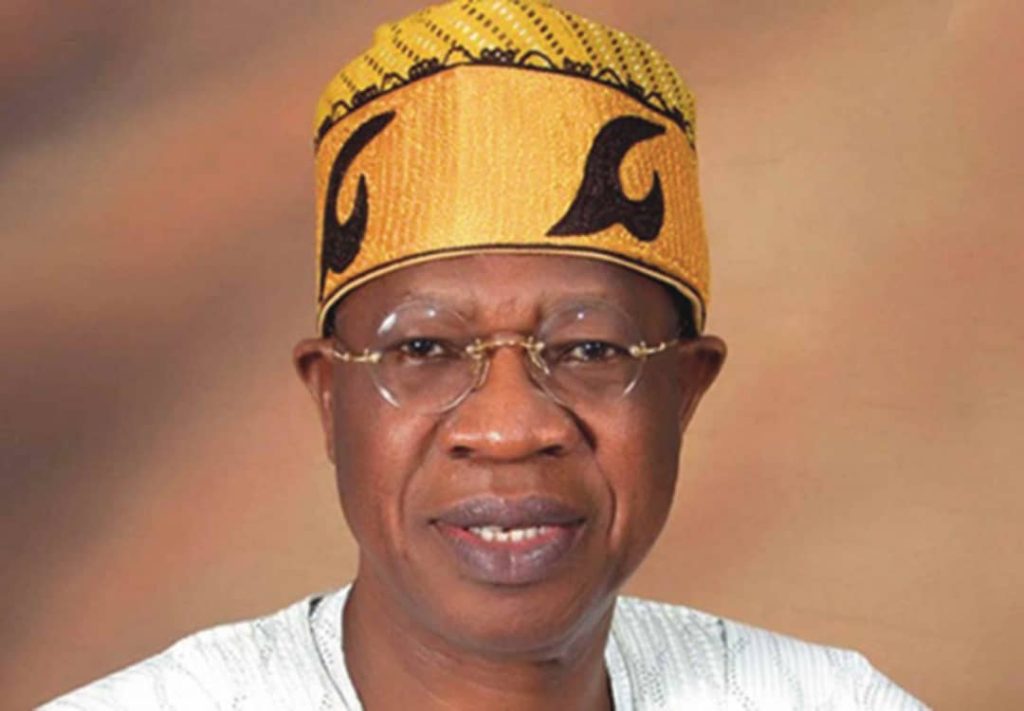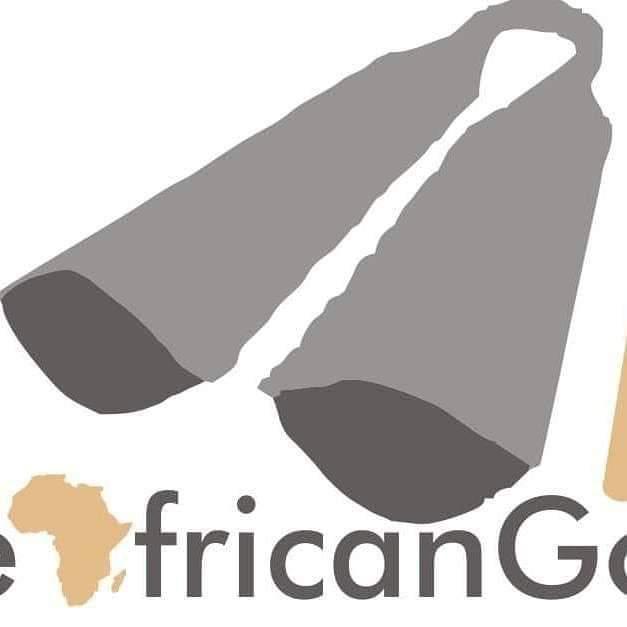
By Frank Meke
Politics in Nigeria often presents bizarre realities — nepotism, self-interest, and a disregard for the collective good. This spirit has crept into every sector, and we now carry on as if it were the norm, content with the crumbs that fall from the master’s table.
In the tourism industry, attempts to probe such indecent practices usually hit a dead end. Our monarchical leaders rarely open their doors to the private sector or the tourism media. And when the media are tolerated, it is only to regurgitate press statements and the rhetoric served from the master’s table — while the minister’s cupboard hides both skeletons and golden envelopes, not brown ones.
Recently, a friend who once worked with one of our failed tourism ministers told me that his new boss — a serving minister in another sector — has a son who has assumed the role of a de facto minister. This son, he said, rules the ministry with reckless confidence, daring anyone who questions his authority to risk being sent to “Siberia.”
The allegations were heavy, and though that ministry is outside my beat, I encouraged him to bring credible evidence. He sighed and said only the EFCC could unravel the level of sleaze perpetrated by this minister’s son.
In today’s Nigeria, it is common to find ministers’ and governors’ children linked to government contracts, policies, and finances — a political circus built on “My Family First,” or in Latin, Cursus Honorum — a battle and a quest for benefits.

In our tourism space, nearly every appointee behaves like an emperor. They crush existing institutions, sideline experienced civil servants, and replace them with friends, family members, and loyalists with no institutional memory. Those wise enough to “play along” parade themselves for survival. Truth, in our industry, has grown wings and flown away — and it is no wonder that despite our enormous potential, nothing good ever comes out of it for the Nigerian people.
Now to my story. To understand it, you must keep an open mind. It’s about how our tourism potential continues to be traded for personal advantage and advancement — a pattern that has defined every tourism minister Nigeria has ever had.
For as long as I can remember, Nigeria has hosted the United Nations World Tourism Organisation (UNWTO) — now United Nations Tourism (UNT) — back-to-back for years, with little or no tangible outcome. The recent conference hosted in Abuja by Minister Hannatu Musa Musawa marks about the sixth time.
Hosting these events has become a convenient drainpipe for our scarce tourism budget. While other member nations benefit from strategic interventions by the global tourism body to advance their cultural economies, Nigeria has nothing to show despite the millions sunk into hosting these jamborees. Our ministers package these events as “life-saving opportunities,” but those of us in the industry see through the deceit.
Two years ago, the Nigerian tourism media, united in one voice, called on the Federation of Tourism Associations of Nigeria (FTAN) to resist another round of wasteful UN Tourism hosting. Despite our objections, the Ministry under Lai Mohammed went ahead. The rest, as they say, is history.
However, our resistance seemed to sting the global body. In a bid to pacify Nigeria, the UN Tourism Secretary-General, Zurab Pololikashvili, promised to establish a United Nations Tourism Online Academy in Nigeria. Though not a groundbreaking project, it would have marked the first tangible footprint of the organisation in Nigeria after over two decades of membership.
Many of us sighed in relief. At least, it was something Lai Mohammed could point to as an achievement in his eight years as Minister of Information and Culture.
During his first term, Lai Mohammed focused on countering Boko Haram propaganda — a daunting challenge. In his second term, he turned his attention to culture and tourism, determined not to let Otunba Segun Runsewe of the National Council for Arts and Culture (NCAC) overshadow him.

Runsewe’s visible efforts to revive Nigeria’s cultural identity earned him national and international praise. Lai Mohammed, unable to match that momentum, shifted his gaze abroad — particularly to Madrid, Spain, where the UN Tourism headquarters is located. Before long, he became close to Zurab Pololikashvili and a regular face at UN Tourism gatherings worldwide.
Yet, while other nations showcased tourism growth stories, Nigeria was merely making up the numbers.
In February 2023, just before leaving office, Lai Mohammed’s media aide, Segun Adeyemi, announced that Nigeria and UN Tourism had agreed to establish an online tourism academy. The assumption was that it would be domiciled at the National Institute for Hospitality and Tourism (NIHOTOUR) — the government’s tourism training agency. But the press statement subtly hinted at private sector involvement, sparking speculation.
Lai Mohammed had long admired Mrs. Bolanle Austen-Peters of Terra Kulture, renowned for her world-class stage productions Saro the Musical and Fela and the Kalakuta Queens. She also runs the Terra Academy for the Arts, which provides creative training for Nigerian youth. One would have thought such a credible private initiative was the ideal platform for the UN Tourism Academy. Yet, Lai Mohammed looked elsewhere.
Shortly after leaving office, Lai Mohammed was appointed Special Adviser on Tourism to Zurab Pololikashvili. He is now 74 years old.
Last week, Zurab visited Lagos with his team — including Elcia Grandcourt (Regional Director for Africa), Shirih El Tayau (Chief Protocol), and Kojo Bentum-Williams (Senior Communications Expert) — for a closed-door meeting with the Eko Tourism Foundation, in which Lai Mohammed is a key player. The Foundation’s delegation included Erelu Abiola Dosunmu (BOT member), Tunde Lawanson (Secretary), Adelana Abiola (Treasurer), Sharon Ashinze, and Karl Hala.
Their discussion? To have Eko Tourism Foundation host the United Nations Tourism Academy in Lagos.
Curiously, what Lai Mohammed could not achieve in eight years as Minister, he is now attempting to accomplish through a private foundation he influences — in partnership with the same global body.
It is puzzling that Zurab’s visit to Nigeria was not officially acknowledged by the current Minister of Tourism, Culture, and the Creative Economy, Hannatu Musa Musawa. How could such a high-level engagement happen without her ministry’s knowledge?
Even more intriguing is how Lai Mohammed, who once sidelined the private sector, is now championing “private-sector partnership” under the Eko Tourism Foundation. Has he suddenly become a convert to collaboration, or is this another round of United Nations Tourism abracadabra?

Lagos Commissioner for Tourism, Arts, and Culture, Toke Benson-Awoyinka, and the lagos governor special adviser on Tourism, Idris Aregbe, have both been making genuine efforts to reposition the state’s tourism scene. Will Eko Tourism Foundation complement their work — or compete with them?
As an addendum, Lai Mohammed’s eight years in office left the private sector out in the cold. Now, with his newfound “private sector love,” many of us fear there is more to this sudden romance — especially with the Foundation now handed the exclusive right to host the UN Tourism Online Academy in Lagos.
Abi, how una see am?


